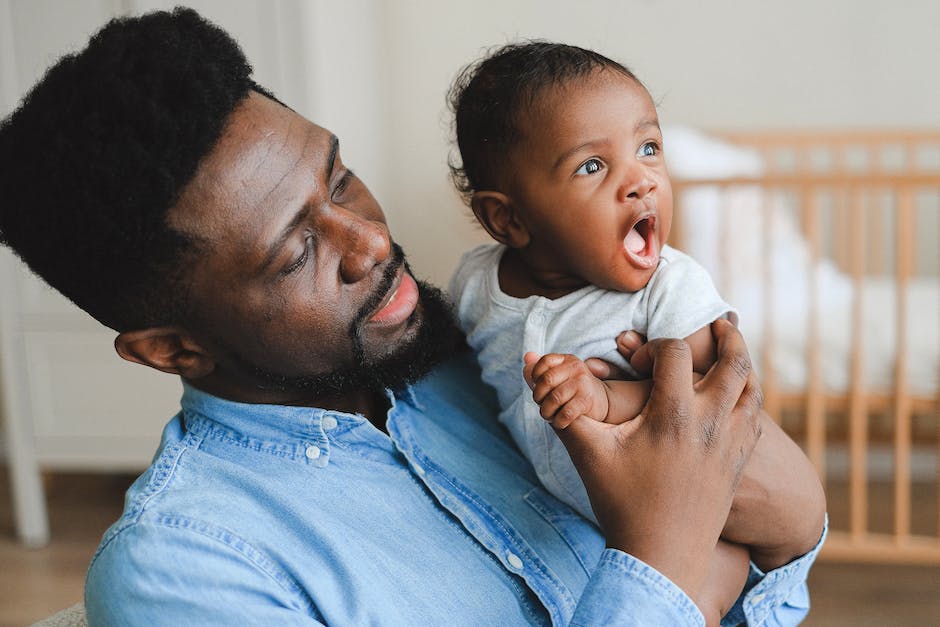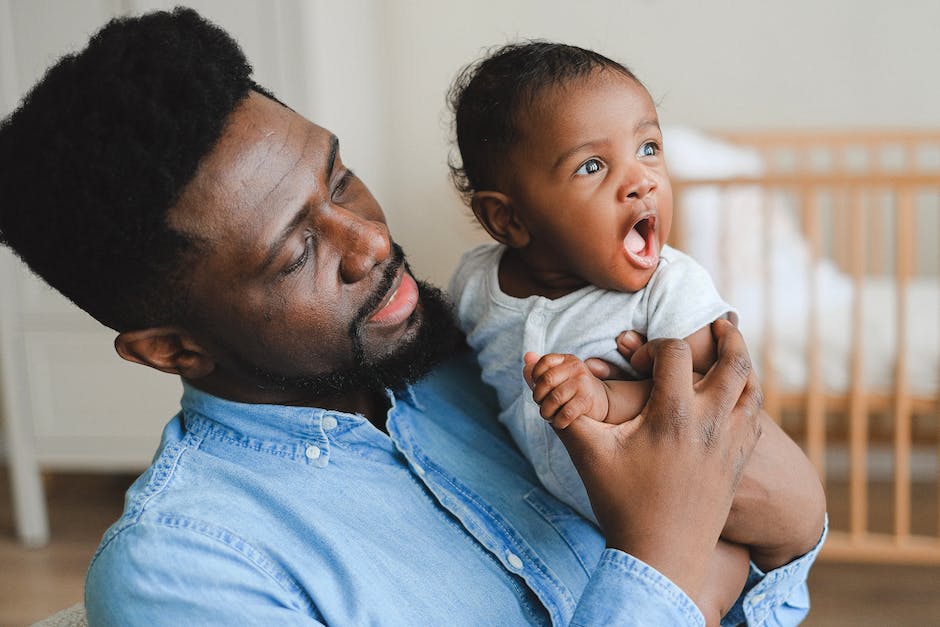In recent years, the term “helicopter parent” has become a popular way to describe overinvolved parents. This label is often used in a negative way, suggesting that helicopter parents are too involved in their children’s lives and are preventing them from becoming independent.
There are a number of helicopter parent memes that have circulated online, making fun of this parenting style. Some of these memes depict helicopter parents as being overly attached to their children, always hovering around them and not giving them any space. Other memes suggest that helicopter parents are always trying to control every aspect of their children’s lives, from what they eat to what clothes they wear.
Despite the negative connotations of the term, there are some parents who embrace the label. These parents argue that they are simply trying to be involved in their children’s lives and be supportive. They argue that they are not hovering or controlling, but rather they are just being present and involved.
What do you think of the term “helicopter parent?” Do you think it is a helpful way to describe overinvolved parents? Or do you think it is a negative label that unfairly targets parents who are simply trying to be supportive?
A helicopter parent meme is a picture or advice that typically mocks or criticizes overprotective parents.
What does the expression helicopter parents mean?
It is not uncommon for parents to be overly involved in their children’s lives. While it is important for parents to be supportive, it is also important to allow children to grow and develop independently. Overly involved parents may inadvertently prevent their children from developing important skills and independence.
The study found that helicopter parenting is associated with poorer functioning in emotional, decision making, and academic functioning. Additionally, helicopter parenting was associated with stronger symptoms of anxiety and depression. These findings suggest that helicopter parenting may have negative consequences for children’s mental health and academic success.
What are helicopter parents called now
It seems like so many parents are losing sight of what childhood is supposed to be about. So, this term “lawnmower parent” is being likened to the new helicopter parent, because like the helicopter parent, the lawnmower parent hovers over the child when problems occur and are overly involved in their child’s life.
If you find yourself constantly fighting your child’s battles for them, it may be a sign that you’re a helicopter parent. Similarly, if you’re always doing their schoolwork or coaching their coaches, it’s likely that you’re not giving your child the opportunity to learn and grow on their own. Additionally, if you keep your kids on a short leash, never letting them out of your sight, it may be a sign that you’re suffocating them. Additionally, if you’re always cleaning up after your child or doing everything for them, it’s likely that you’re not allowing them to develop their own independence. Finally, if you’re always playing it safe and not letting your child take any risks, it may be a sign that you’re shielding them from the realities of life. If you find yourself exhibiting any of these signs, it’s important to take a step back and reassess your parenting style.
What are the 4 types of parenting styles?
The four main parenting styles are based on the work of Diana Baumrind, a developmental psychologist, and Stanford researchers Eleanor Maccoby and John Martin. These styles are designed to provide a framework for understanding the different ways that parents interact with their children. Each style has its own strengths and weaknesses, and no one style is better than another. It is important to choose the parenting style that best fits your own personality and parenting goals.
Panda parenting is a great way to raise kids. It allows them to be their own person and do things their own way. It’s a gentle way of parenting that helps kids to grow and develop into their own individual.
Is a helicopter parent toxic?
Research has found that helicopter parenting can have negative effects on developing adolescents. Studies have found that helicopter parenting can lead to adolescents feeling more anxious and less competent. Additionally, helicopter parenting has been found to interfere with the development of adolescents’ independence and self-regulation. While parents’ intentions may be good, helicopter parenting can actually end up harming developing adolescents.
Lighthouse parents believe in giving their child unconditional love, but they will set boundaries and disapprove of unacceptable behaviour. They believe that this provides a foundation for their child to grow and develop into a responsible and happy adult.
What is the opposite of a helicopter parent
The opposite of helicopter parenting is giving children the opportunity to develop a sense of self-efficacy. This bolsters their independence, teaches them responsibility, and creates a sense of confidence from the inside out.
Jellyfish parents are those who take a permissive parenting style with their children. This parenting style is the opposite of the authoritarian parenting style, and is characterized by high warmth and communication from the parent, but little in the way of control or clear expectations. This can often result in inconsistent daily routines for children, and can be confusing for them. It’s important to remember that each child is different and will respond differently to this parenting style, so it’s important to be aware of your child’s individual needs and temperaments.
What is elephant parenting?
The elephant parenting style is a flexible, warm, and encouraging parenting style that allows children to be children and seek happiness rather than academic success. This parenting style is filled with warmth, encouragement, and protection.
I completely agree with the sentiment of this post – sometimes, as a parent, you have to take a step back and let your kids try new things on their own. It can be difficult to watch them fail or make mistakes, but it’s important to allow them to experience these things so they can learn and grow. Only by doing this will they truly develop the skills and confidence they need to thrive in life.
What causes parents to be helicopter parents
There are a few common causes of helicopter parenting. One is a fear of failure or of their child not being able to succeed in life. Another is a need for control or a desire to protect their child from harm. Sometimes it can also be a result of feeling insecure or anxious about their own parenting skills. Whatever the cause, helicopter parenting can have negative effects on both the parent and the child.
Helicopter parenting has become a popular term used to describe a parent who is overinvolved in their child’s life. If you’re a helicopter parent, you may be guilty of hoveri ng over your child and micromanaging their every move.
While your intentions may be good, helicopter parenting can actually do more harm than good. If you’re looking to break the cycle of helicopter parenting, here are 10 ways to stop:
1. Remind them only once
When you tell your child to do something, remind them only once. It can be tempting to nag and hover, but constant reminders will only serve to frustrate your child.
2. Leave it
If your child is struggling with something, resist the urge to step in and take over. Let them figure it out on their own.
3. Stop taking responsibility for your kids’ actions
Your children are ultimately responsible for their own actions.Stop taking the blame for their mistakes or accomplishments.
4. Let them fail
It’s okay for your child to fail sometimes. In fact, it’s important. Failure is a crucial part of learning and growing.
5. Let them learn from their own experiences
Don
What is a dragon mom?
No matter what the situation, a mother’s love is never-ending. This is especially true for mothers who have lost a child or have a child who is terminally ill. These mothers are commonly referred to as “dragon mothers” because of their fierce and unyielding love.
Dragon mothers go through a unique type of grief that is often misunderstood by others. They are often seen as being too strong or not grieving “properly”. But the truth is, they are just trying to hold on to any hope they can.
If you know a dragon mother, be there for her. Listen to her story and let her know that you understand her pain. Let her know that she is not alone.
The survey of more than 2,000 moms showed that parents of 12- to 14-year-old teens had a harder time than parents of toddlers, elementary school children, high school children, and adult children. This is likely due to the increased independence and responsibility that teenagers have compared to younger children. Additionally, parents may feel like they are losing control as their children become more independent and make their own choices.
Warp Up
A helicopter parent is a parent who is overinvolved in their child’s life. They are the ones who are always hovering around, making sure their child is safe and happy.
In conclusion, the helicopter parent meme is a way to poke fun at overbearing parents who try to do everything for their children. While it may be funny, it also highlights a serious issue of helicopter parenting and its negative effects.


